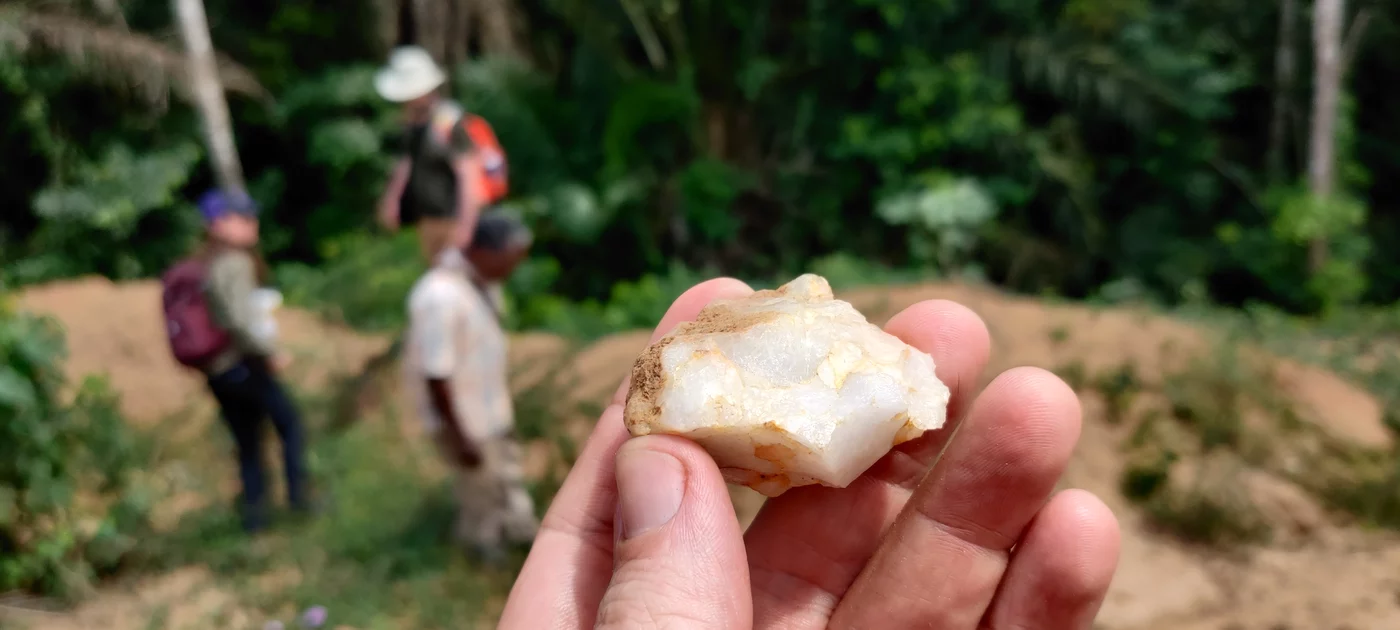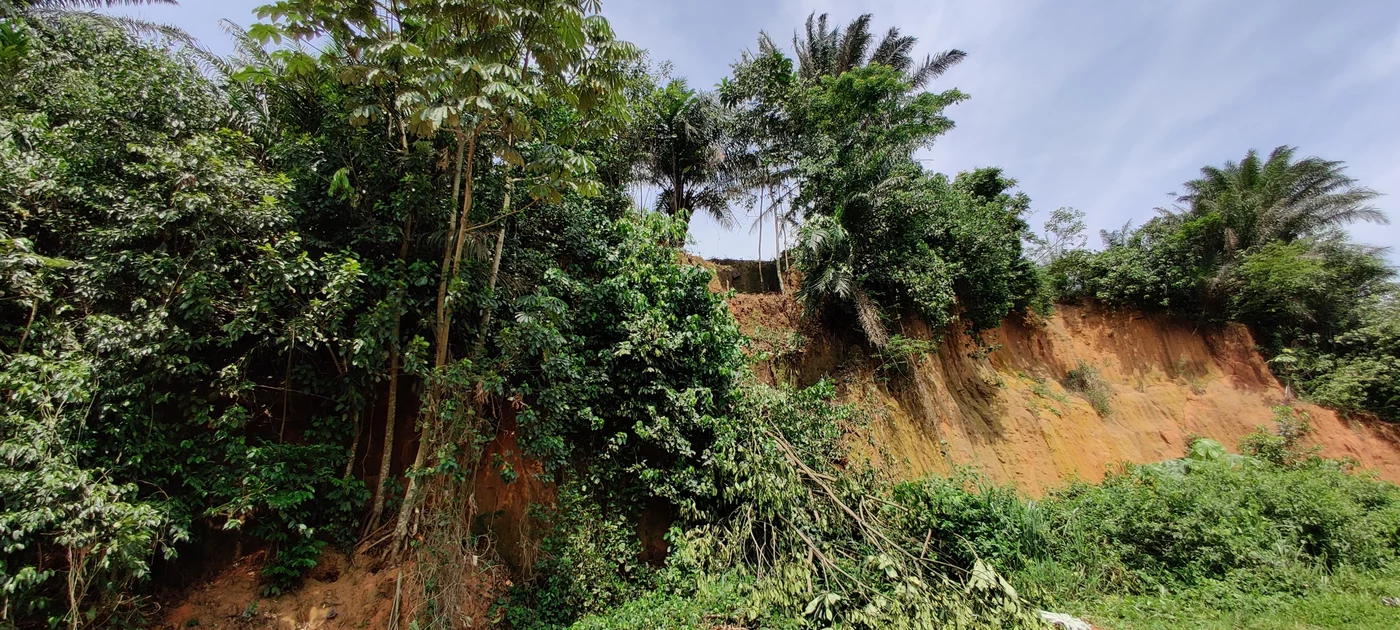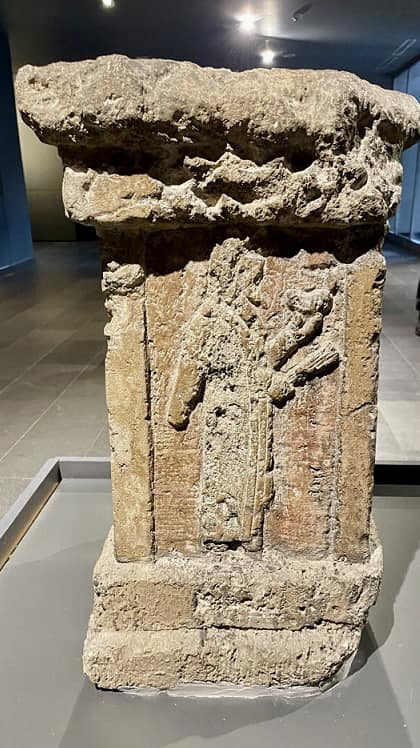A groundbreaking study published in the journal Nature reveals that humans were inhabiting African rainforests much earlier than previously thought, pushing back the timeline by over 100,000 years. This discovery challenges the long-held belief that rainforests were inhospitable barriers to early human settlement and highlights the adaptability of our species.
Challenging the Traditional Narrative
The prevailing view in archaeology and anthropology has been that humans, originating in Africa around 300,000 years ago, primarily occupied savanna and grassland environments. Rainforests were often seen as ecological obstacles, too dense and resource-poor for early humans to thrive. However, this new research challenges that narrative, suggesting that our ancestors were far more adaptable and capable of exploiting diverse ecosystems.
Côte d’Ivoire: The Cradle of Rainforest Habitation
The study focuses on a site in present-day Côte d’Ivoire, first investigated in the 1980s. While the initial research hinted at the presence of ancient human activity, limitations in dating technology and ecological analysis prevented a conclusive understanding. Recent advances in these fields allowed an international team of researchers to revisit the site, just in time before it was destroyed by mining activity.

Pushing Back the Timeline
Using cutting-edge dating techniques like Optically Stimulated Luminescence and Electron-Spin Resonance, the team dated the site to approximately 150,000 years ago. Analysis of pollen, phytoliths, and leaf wax isotopes confirmed that the region was a dense, humid rainforest during that period. This discovery more than doubles the previously known age of human presence in rainforests, which was previously estimated at around 18,000 years ago in Africa and 70,000 years ago in Southeast Asia.
Implications for Human Evolution
This finding has significant implications for our understanding of human evolution. It suggests that our ancestors were not confined to savannas and grasslands but were capable of adapting to and thriving in a variety of environments, including rainforests. This adaptability likely played a crucial role in the success and spread of our species across the globe.
Future Research and Conservation
The researchers are excited about the potential for future discoveries in Côte d’Ivoire and other rainforest regions. This study opens up new avenues for investigating the complex relationship between early humans and their environment, including how they impacted rainforest ecosystems. It also underscores the importance of preserving these fragile environments, which hold crucial clues to our past.
Cover Image Credite: © Jimbob Blinkhorn, MPG





